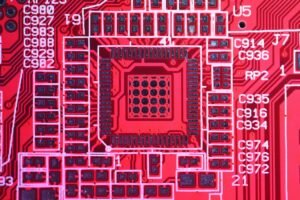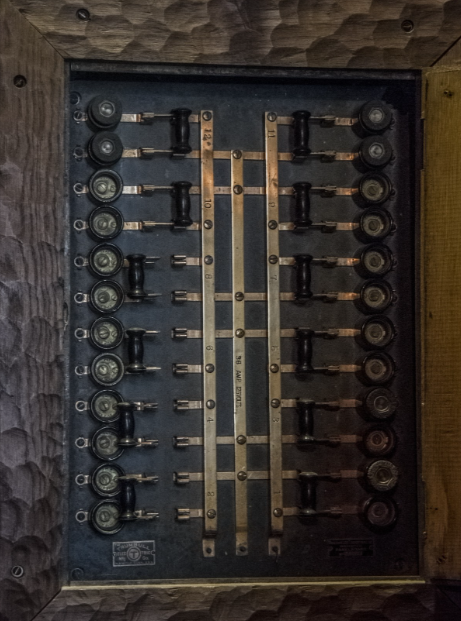Common Electrical Panel Issues and Troubleshooting Tips
The electrical panel, often referred to as the breaker box or distribution board, is the nerve center of your home’s electrical system. Responsible for distributing power to different circuits, it plays a crucial role in maintaining a safe and functional electrical environment. However, like any complex system, electrical panels can encounter issues over time. In this article, we will explore common electrical panel issues and provide practical troubleshooting tips to help you address them.

Tripped Circuit Breakers
One of the most frequent issues homeowners face is a tripped circuit breaker. When a circuit draws more current than the breaker can handle, it “trips” to prevent overheating and potential fire hazards. If you experience a sudden loss of power in a specific area of your home, follow these steps:
- Identify the Tripped Breaker: Open the panel door and look for any breakers in the “off” position. They are usually in the middle or “tripped” position.Turn Off Appliances: Before resetting the breaker, turn off any appliances or devices connected to the affected circuit to prevent a repeat trip.
- Reset the Breaker: Move the tripped breaker to the “off” position first, then back to the “on” position. If it trips again immediately, there may be an underlying issue that requires professional attention.
Overloaded Circuits
Overloading a circuit occurs when you connect too many devices or appliances to a single circuit, exceeding its designed capacity. Signs of an overloaded circuit include flickering lights, warm outlets, or tripped breakers. To troubleshoot:
- Reduce Load: Unplug some devices or redistribute them to different circuits to reduce the load on the overloaded circuit.
- Upgrade the Circuit: Consider installing additional circuits or upgrading the existing ones to accommodate the increased electrical demand.
Buzzing or Crackling Sounds
Unusual sounds emanating from the electrical panel, such as buzzing or crackling, can be a cause for concern. These noises may indicate loose connections or faulty components within the panel. Here’s what you can do:
- Shut Off Power: Turn off the main power supply to the panel before investigating any unusual sounds to ensure your safety.
- Inspect for Loose Wires: Carefully inspect the panel for loose or corroded wires. Tighten any loose connections with the appropriate tools.
- Consult a Professional: If the sounds persist, it’s advisable to seek the expertise of a licensed electrician to identify and rectify the issue.
Flickering Lights
Flickering lights can be a frustrating issue and may stem from various sources, including loose connections, voltage fluctuations, or issues with the main electrical supply. Here’s how to troubleshoot:
- Check for Loose Bulbs: Ensure that light bulbs are securely screwed in, as loose bulbs can cause flickering.
- Examine the Panel Connections: Inspect the connections in the electrical panel for any signs of arcing or loose wires.
- Contact Your Utility Provider: If flickering persists, contact your utility provider to check for issues with the main power supply.
Burning Smell
A burning smell near the electrical panel is a serious concern and should be addressed immediately. This smell could indicate overheating, damaged wiring, or a malfunctioning component. Follow these steps:
- Turn Off Power: Shut off the main power supply to the panel immediately
- Call a Professional: Do not attempt to investigate or repair the issue yourself. Contact a licensed electrician to inspect and resolve the problem promptly.
Regular inspection and prompt attention to electrical panel issues are essential for maintaining a safe and reliable electrical system in your home. While some troubleshooting can be done by homeowners, it’s crucial to know your limits and seek professional help when needed. By staying vigilant and addressing issues promptly, you can ensure the continued safety and efficiency of your electrical panel.
